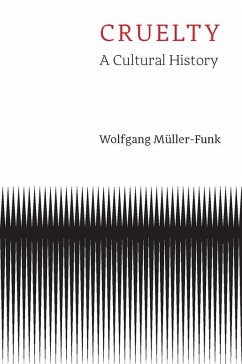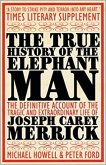In a humane world, cruelty should not exist, and yet it has been a feature of our societies since time immemorial. From individual acts of cruelty to systematic torture and mass murder, cruelty has been humanity's constant companion, attesting to a darker side of human nature. Cruelty involves the use of violence but it is more than this, since it is organized and calculated; its intention is to inflict pain and suffering on others, even to destroy the other. Cruelty is perhaps the ultimate form of violence in which the extermination of the other is staged as a threat in order to make others compliant or instil in them the fear of death. In this wide-ranging cultural history, Wolfgang Müller-Funk examines the ways in which different thinkers and authors - from Herodotus to Nietzsche, from Seneca to Musil and Koestler - have conceptualized and tried to make sense of a phenomenon we would prefer to ignore. He seeks to unveil the conditions under which an economy of cruelty emerges, in which violence is calculated and becomes a quasi-natural matter of course. The economy of cruelty involves the efficient use of means to pursue irrational goals. It also involves discourses and narrative patterns that legitimize organized violence and neutralize emotions, such as empathy and compassion, that would restrain or obstruct the pursuit of cruelty. This disturbing inquiry into the nature of cruelty and its role in human culture will be of interest to students and scholars throughout the humanities and to a wide general readership.
Dieser Download kann aus rechtlichen Gründen nur mit Rechnungsadresse in D ausgeliefert werden.









